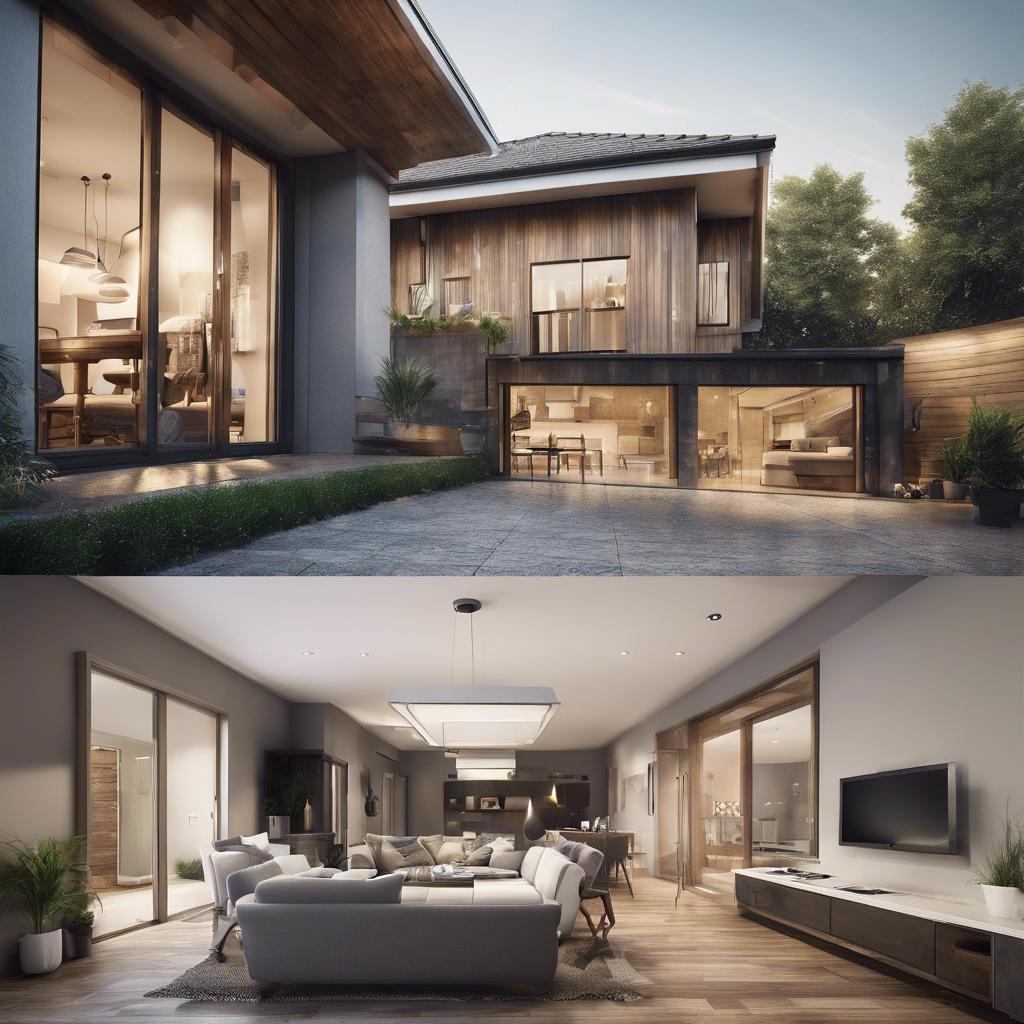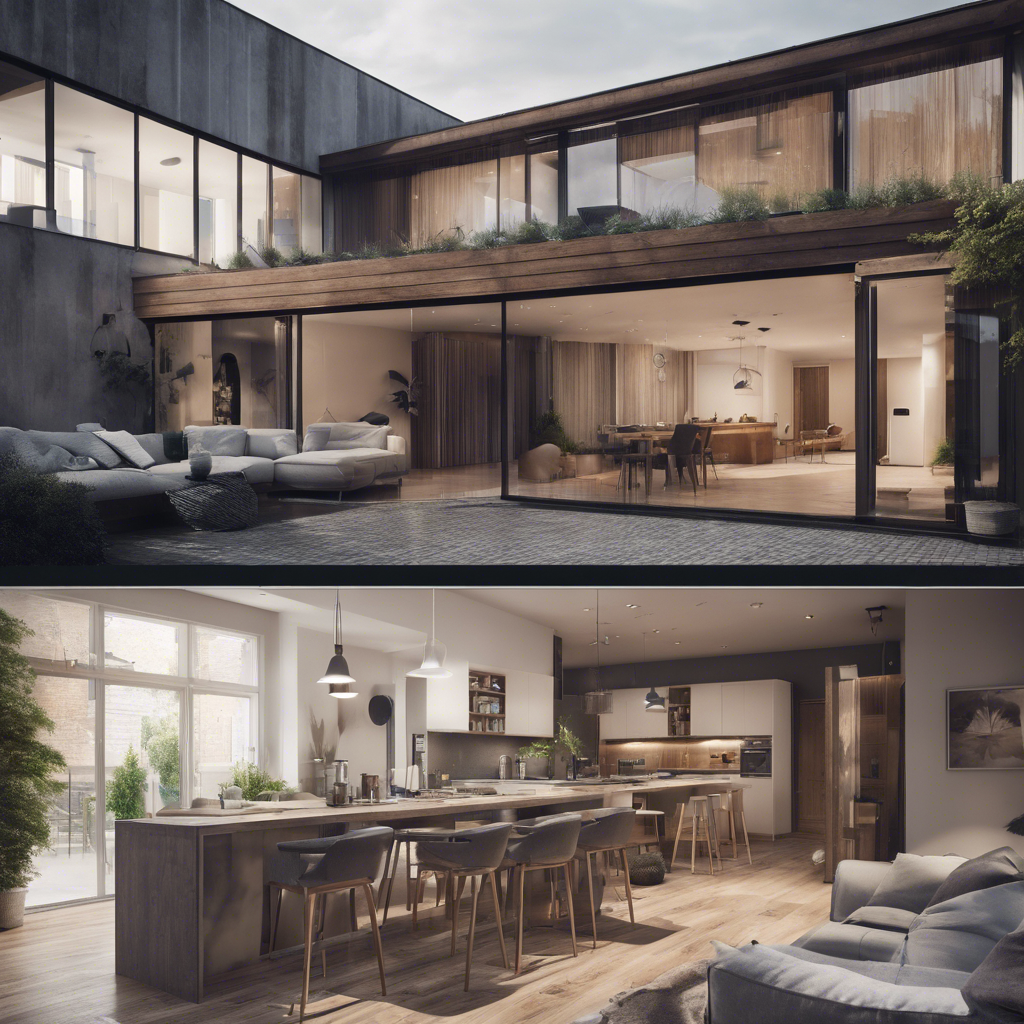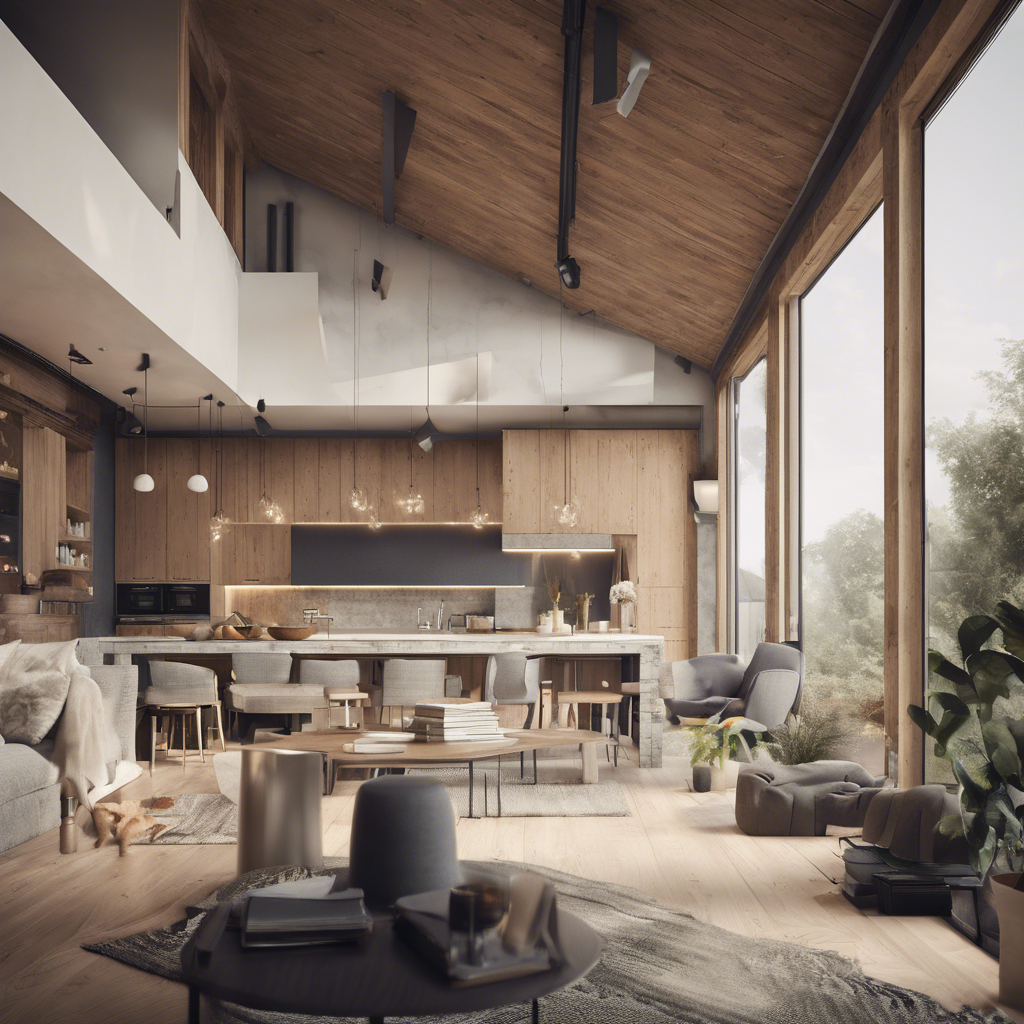How to Save Money When Building a House Extension
- Andy Walker Team

- Jun 20, 2024
- 3 min read
In today's competitive real estate market, homeowners are increasingly turning to house extensions as a cost-effective way to add space and value to their properties. Whether you're expanding your living room, adding a home office, or creating a new bedroom, building a house extension can be a significant investment. However, with careful planning and smart decision-making, you can save money without compromising on quality. Here are some valuable tips on how to save money when building a house extension:
1. Set a Realistic Budget
Before breaking ground on your house extension project, it's essential to establish a realistic budget. Consider all potential costs, including materials, labor, permits, and unforeseen expenses. Having a clear budget in mind will help you prioritize your needs and avoid overspending during the construction process.
2. Hire the Right Professionals
Choosing the right contractors for your house extension project is crucial. Research and compare quotes from multiple home extension builders and contractors in Manchester to find the best fit for your budget and requirements. Look for experienced professionals with a track record of delivering high-quality work within a reasonable timeframe.
3. Opt for a Simple Design
While it's tempting to go all out with extravagant architectural designs for your house extension, complexity often translates to higher costs. By opting for a simple and streamlined design, you can save money on both construction and maintenance in the long run. Consider working with an architect or designer who can help you achieve a balance between aesthetics and affordability.
4. Maximize Natural Light
Integrating natural light into your house extension can reduce the need for artificial lighting and cut down on energy costs. Consider incorporating large windows, skylights, or glass doors to enhance the brightness and spaciousness of the new space. Not only will this save you money in the long term, but it will also create a more inviting and comfortable living environment.
5. Repurpose Existing Materials
Rather than starting from scratch, consider repurposing existing materials from your home or other sources. Salvaged wood, bricks, or fixtures can add character to your house extension while lowering material costs. Be creative and resourceful in sourcing materials to achieve a unique look without breaking the bank.
6. Energy-Efficient Features
Incorporating energy-efficient features into your house extension can lead to significant cost savings over time. Consider installing insulation, energy-efficient windows, and high-quality HVAC systems to reduce heating and cooling expenses. While these upgrades may require a slightly higher upfront investment, they will pay off in the form of lower utility bills and increased property value.

7. DIY Where Possible
If you have the time and skills, consider taking on certain tasks yourself to save money on labor costs. Simple projects like painting, landscaping, or minor installations can be completed by DIY enthusiasts with the right tools and guidance. However, be realistic about your abilities and know when to call in the professionals for more complex tasks.
8. Plan Ahead
Proper planning is key to avoiding costly mistakes and delays during the house extension construction process. Create a detailed timeline with clear milestones and deadlines to keep the project on track. Communicate regularly with your contractors and monitor progress to address any issues promptly. By staying organized and proactive, you can minimize unexpected expenses and ensure a successful build.

9. Research Local Regulations
Before starting your house extension project, familiarize yourself with local building codes, regulations, and permit requirements. Non-compliance with these regulations can result in costly fines and delays. Work closely with your contractors and local authorities to ensure that your project meets all legal standards and completes smoothly.
10. Consider Long-Term Value
While saving money on your house extension is essential, it's equally important to consider the long-term value and functionality of the addition. Invest in high-quality materials and craftsmanship to ensure durability and longevity. A well-built house extension not only adds value to your property but also reduces maintenance and repair costs in the future.
By following these practical tips and strategies, you can save money when building a house extension without compromising on quality or design. With careful planning, wise investments, and the right professionals by your side, you can create a beautiful and functional living space that enhances your home's value and your quality of life.




Comments